The secrets to a long-lasting roof
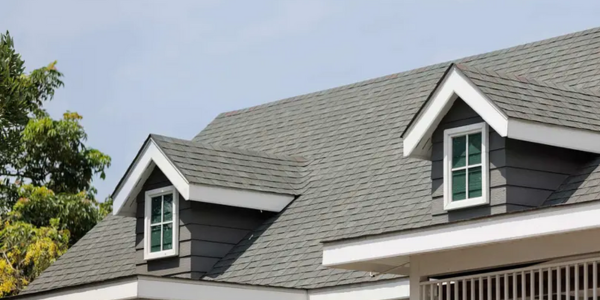
By Good Faith Energy.
Is the thirty-year roof a myth or reality?
Roofs are long term investments, but depending on the roof type, their longevity will vary. Usually, a roof will be labeled with a thirty-year lifespan. You can expect your roof to last at least thirty years. At most, roofs have the capability to last up to a hundred years with the right materials. Making your roof last is more than just the roof itself. It’s how the roof is installed, proper ventilation and the weather in your area. Good Faith Energy has compiled this article of important factors to be aware of to ensure your roof lasts the test of time.
Asphalt shingles
A 30-year roof refers to roofing materials, usually asphalt shingles, that are expected to last around 30 years under ideal conditions. This estimate is based on the material’s ability to resist wear and tear from the elements, like sun, rain and wind. However, this doesn’t mean the roof will last exactly 30 years. Several factors can shorten or extend its life.
Factors that influence the lifespan of a 30-year roof
The lifespan of a roof isn’t just determined by the material it’s made from. A variety of external factors play a significant role in how long your 30-year roof will actually last. From the climate in your area to the quality of installation, each of these elements can either shorten or extend the life of your roof.
Climate and weather conditions
The weather in your area plays a big role in how long your roof lasts. Extreme conditions like heavy snow, intense sunlight or frequent storms can wear down your roof faster. For example, roofs in hot, sunny climates may dry out and crack sooner, while those in snowy areas might suffer from ice damage.
Installation quality
How well your roof is installed can make a huge difference. If the roof is installed by skilled professionals using proper techniques, it’s more likely to last its full lifespan. On the other hand, poor installation can lead to issues like leaks, which can shorten the roof’s life.
Maintenance practices
Regular maintenance is key to keeping your roof in good shape. Simple tasks like cleaning the gutters, removing debris and checking for damage can prevent small problems from turning into big ones. If you take care of your roof, it’s more likely to last those full 30 years.
Material quality
Not all roofing materials are created equal. Higher-quality materials tend to be more durable and last longer. While a 30-year roof made with top-tier materials might exceed its expected lifespan, a roof made with cheaper materials may need to be replaced sooner.
Ventilation and insulation
Proper ventilation and insulation in your attic are crucial for roof longevity. Good ventilation helps regulate temperature and moisture levels, preventing issues like mold or ice dams that can damage your roof. Insulation also helps by keeping your home’s temperature steady, reducing stress on the roof.
Real-world longevity of a 30-year roof
While manufacturers may claim that a 30-year roof will last for three decades, real-world conditions often tell a different story. The actual lifespan of a roof can vary widely depending on where you live, how well you maintain it and the specific conditions it faces. In this section, we’ll look at some real-life examples to give you a clearer idea of what to expect from your 30-year roof.
Case studies and examples
In reality, the lifespan of a 30-year roof can vary. Some homeowners find that their roof lasts well over 30 years, while others may need to replace it sooner. For instance, in mild climates, roofs often last longer than 30 years because they face less wear and tear. On the other hand, roofs in harsh climates may need to be replaced after 20 or 25 years.
The role of warranties
A 30-year warranty doesn’t always mean the roof will last that long. Warranties typically cover specific issues like defects in materials or installation problems. However, they usually don’t cover normal wear and tear. It’s important to understand what your warranty covers and doesn’t cover, so you know what to expect.
Tips to maximize the life of your 30-year roof
Even though a 30-year roof is built to last, its actual lifespan can be greatly influenced by how well it’s maintained. Taking the right steps to care for your roof can help ensure that it reaches—or even exceeds—its expected lifespan. In this section, we’ll provide practical tips that you can follow to maximize the durability of your 30-year roof.
Regular inspections
Inspecting your roof regularly is one of the best ways to extend its life. You should check your roof at least once a year and after any major storms. Look for missing shingles, cracks or any signs of damage. If you spot a problem, address it right away
Immediate repairs
Don’t wait to fix any issues you find. Small problems, like a cracked shingle, can quickly turn into bigger, more expensive issues if left untreated. By making repairs as soon as possible, you can prevent further damage and keep your roof in good condition.
Proper ventilation
We’ve mentioned it before, but it’s worth repeating: proper ventilation is essential for roof health. Make sure your attic has enough ventilation to keep air flowing and prevent moisture buildup. This can go a long way in helping your roof last longer.
Professional maintenance
While you can do some maintenance yourself, it’s also a good idea to have a professional roofer inspect your roof every few years. They can spot potential problems that you might miss and provide expert advice on how to maintain your roof.
When to consider roof replacement
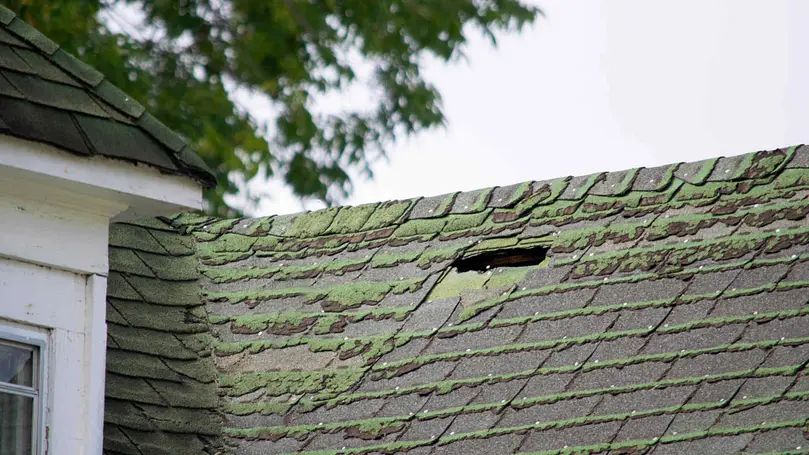
Every roof will eventually need to be replaced. It’s important to know when that time is coming so you can avoid bigger problems later on. In this section, we’ll look at signs that your roof might need replacing and things to think about before you make a decision.
Signs your roof is nearing the end of its life
As your roof gets older, you might start to see signs that it’s wearing out. These signs include shingles that are curling up or missing, leaks or large areas that look worn out. If your roof is more than 20 years old and you notice these problems, it’s probably time to think about replacing it.
Cost considerations
Replacing a roof can be expensive, but it’s often worth it to avoid bigger repair costs down the road. A new roof can also add value to your home. If your roof is getting old, it might be cheaper in the long run to replace it now instead of waiting for more problems to appear.
Exploring solar energy options
When you’re considering replacing your roof, it’s a great time to think about adding solar energy. At Good Faith Energy, we offer solar panels and battery systems that can help you save on energy costs. We’ve been helping homeowners and businesses across Texas go solar since 2014 and we’re here to help you too.
We also have a really useful tool called the instant estimate solar calculator. This tool lets you get a quick quote for adding solar panels to your home. You can see right away how much you could save and what the costs would be. By using this tool while planning your roof replacement, you can easily decide if solar energy is right for your home.
Conclusion
In conclusion, while a 30-year roof might seem like a guarantee of longevity, its actual lifespan depends on several factors. From the quality of installation and materials to the climate and regular maintenance, these elements all play a critical role in how long your roof will truly last. By being proactive in maintaining your roof—through regular inspections, immediate repairs, and ensuring proper ventilation—you can help ensure it reaches or even exceeds its expected lifespan.
Additionally, when it’s time to replace your roof, consider the potential benefits of integrating solar energy into your home. With options like Good Faith Energy’s solar systems and their instant estimate solar calculator, you can easily explore how solar panels could enhance your home’s efficiency and reduce long-term energy costs. Making informed decisions now can save you money and increase the value of your home for years to come.
Original article and image source: Good Faith Energy
Have a question? AskARoofer.
Find your local roofing contractor in the RoofersCoffeeShop® Contractor Directory.


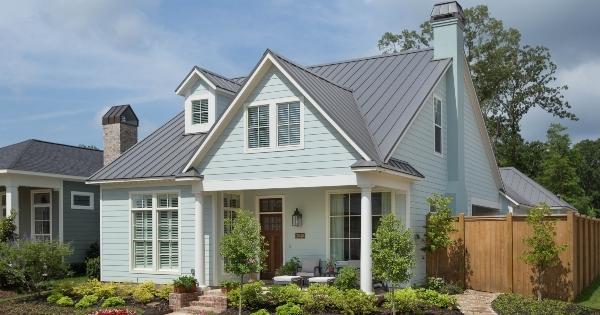
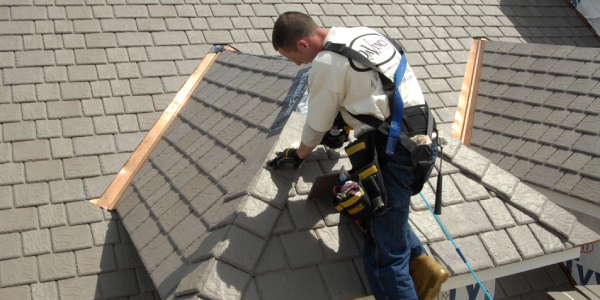


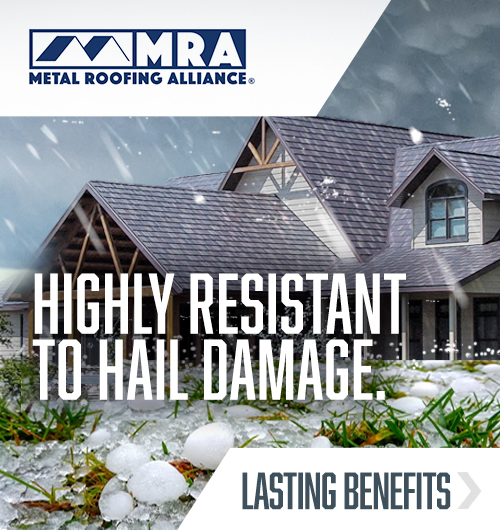


Comments
Leave a Reply
Have an account? Login to leave a comment!
Sign In